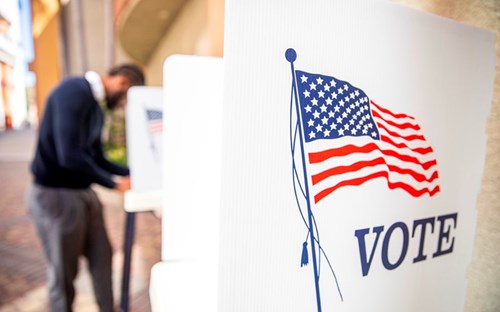Talking about this on AFR's "At the Core" program, author and Commonwealth Policy Center Director Richard Nelson went over a couple of excuses he's heard over the years.
First, the “separation of church and state.”
"Thomas Jefferson wrote a letter to the Danbury Baptist Association. They were concerned about the government entangling itself in church affairs, and Jefferson said 'Look, there is a wall of separation between the federal government and the church, no need to worry about that.' That was a restriction on the government by the way. What Jefferson was saying in that letter was it did not impede or restrict the church from influencing government, and we have totally really forgotten that."
Jefferson reiterated his commitment to the separation of church and state. He emphasized the religion is a matter between individuals and their God and that the government has no authority to interfere with religious opinions or practices.
 As such, Jefferson believed the government should not dictate or regulate religious beliefs or worship.
As such, Jefferson believed the government should not dictate or regulate religious beliefs or worship.
Another thing Nelson has heard is that we should not impose our morality on others, or we should not legislate morality.
But Nelson said that all laws have some form of morality undergirding them, and it's just a question of whose morality will inform the public policies of the day.
“Today we have a secular humanistic and quite frankly a destructive morality worldview that undergirds many of the policies. One of the best examples is this idea that young people should be able to determine their own gender identity and just say 'Hey, if there's a young boy that identifies as a female, let him choose to pursue that lifestyle, let him pursue hormone therapy or transition surgery.'”
Voting not optional for Christians

People of faith are duty-bound to respond to that worldview, Nelson said.
“This is something that as Christians we cannot stand by and say that's okay, or I don't want to impose my morality on somebody else. No, we say kids can't make decisions like that. We should stand in the gap for them. They don't know better. They're vulnerable, but we should stand in the gap and speak on their behalf for their bodily integrity, for their mental health, and try to help them from making a bad decision that they're going to regret the rest of their lives."







